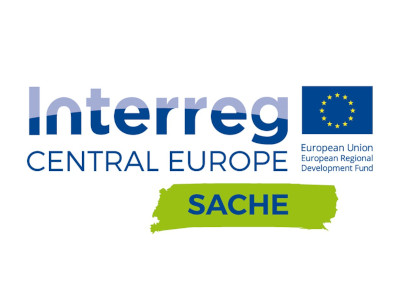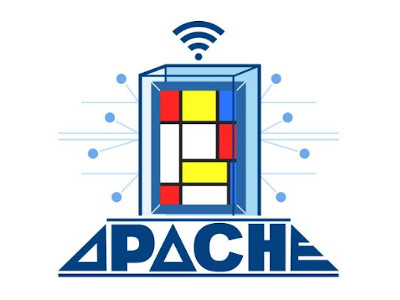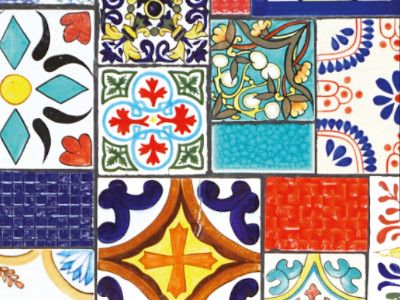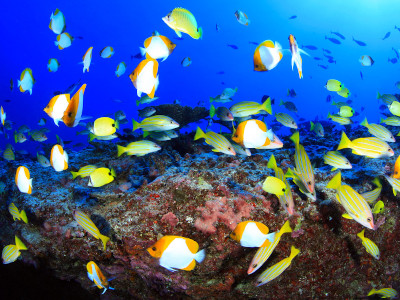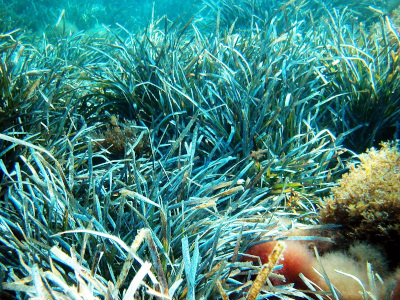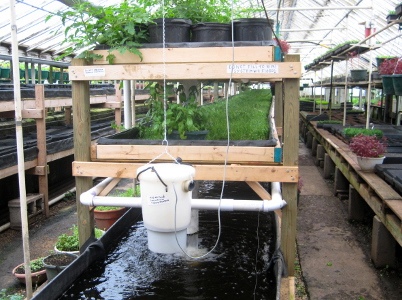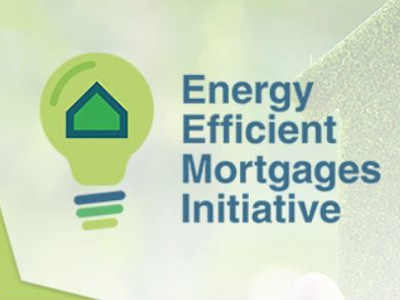This section presents all past projects related to Ca' Foscari's Global Challenges. To discover the on-going projects, please visit the page Projects.
Smart Accelerators of Cultural Heritage Entrepreneurship
The main objective of "SACHE" is to develop and deliver integrated local development strategies based on tools and approaches that would accelerate creative entrepreneurship within and around cultural heritage (CH). The project intends to expand and strengthen the role of CH sites, symbols and values by transforming them into “Smart Accelerators of Creative Heritage Entrepreneurship" thorough the development of a central European model. Museum, galleries, theatres and festivals will be conceived not only as sites of education or entertainment but also as accelerators, i.e. cultural engines that mobilize and nurture the energies of small creative business. This will expand the access to CH but also the production of value enhancing services, the development of innovative clustering of CCIs around each SACHE and the fostering of cross-sectorial cooperation with other industrial and service sectors especially in the digital technologies.
Website
Researcher: Fabrizio Panozzo
Duration: 01/01/2019 - 31/12/2021
Innovative packaging and display tools for cultural heritage: APACHE
Most cultural heritage objects housed by museums are often stored under unsuitable climate conditions. The project APACHE will develop a cutting edge technology to control and prevent the degradation of such patrimony. It will take advantage of advanced sensing and absorbing materials to control the artifacts’ environment, modeling of artifacts’ degradation and remote control of the works of art stressors to reduce to the lowest possible level the costs actually required by conventional technology for art conservation. On the other hand, new generation of active and intelligent display cases, crates, and storage boxes, will be implemented. Wireless sensing devices will be employed, as well as multiscale models integrated in an open simulation environment will be used to predict the degradation of artifacts.
Project website / EU Cordis database
Researcher: Antonio Marcomini
Duration: 01/01/2019 - 30/06/2022
Funding: Horizon 2020 Industrial Leadership - Leadership in enabling and industrial technologies - Advanced materials
Connections for a new creative industry system: SMATH
The cultural and creative (CC) sectors are some of Europe’s most dynamic sectors, however they suffer the lack of conjunctions between their CC components and are unable to access start-up capital and financing. Improving the synergies between the wealth of heritage traditions, values and symbols and the business environment can add to them economic value and fully exploit their economic potential. The project "SMATH - Smart atmospheres of social and financial innovation for innovative clustering of creative industries in MED area" intends to generate and strengthen “Smart Atmospheres” able to support the start-up and the development of clustering and SMEs in the CC sector, facilitating the access to “culture factories”, value enhancing services and joint cooperation among investors and public actors.
Website
Researcher: Fabrizio Panozzo
Duration: 01/01/2019 - 31/05/2020
Dancing Museums: the democracy of beings
In this period of accelerated change, there is an urgent need for professionalism, shared vocabulary and a coherent conceptual framework that makes sense of the many different approaches to audience engagement. In Dancing Museums - The democracy of being, individuals and arts organisations share, improve, develop and transfer skills and knowledge needed to broaden and deepen connections and relationships with audiences. If art focuses more on people, people will focus more on art. The project picks up on changes that need to happen on an organisational level to conceptualise, develop and test new tools for the arts sector to create meaningful experiences and sensitive encounters with the public, hence measuring and improving its social value and impact.
The practice-led research team, composed of artists, staff from dance organisations, museums and universities from 7 countries, looks at how the presence of dance can offer new ways of experiencing art and heritage and help audiences and visitors engage both intellectually and viscerally with artworks and art spaces. The learning happens locally and internationally.
Researchers of Ca’ Foscari University in Venice and Fondazione Fitzcarraldo follow the international activities to give language to the artistic practices observed and scientifically measure the impact on institutions, artists and how the new artistic products tested and developed change the perception of engagement of the audiences and their cultural behaviours.
Website
Researcher: Susanne Franco
Duration: 01/10/2018 - 31/12/2021
SmartFish: Sustainable artisanal fishery of the Adriatic coasts
Artisanal Small-Scale Fishery (SSF) according to EU is the one employing vessels smaller than 12m LOA, not using towed gear. World-over, it is the most relevant fishery segment, deeply rooted in local traditions, adapted to the environment through coevolution, and inherently sustainable. For this, and for its potential to provide sustainable growth and jobs, in harmony with the marine environment, it plays an important role in the pursuit of Blue Growth. SSF face many challenges, such as difficult access to market, low prices, decreasing stocks and biodiversity in the catches, and freely moving resources between the waters of the two countries, thus calling for a cross-border cooperation approach. The objective of the project "SmartFish - Valorisation of SMall-scale ARTisanal FISHery of the Adriatic coasts, in a context of sustainability" is to strengthen the Small-Scale Fishery role in the near future, by fostering its potential for innovation within the Blue Growth context.
Project website / EU Cordis database
Researcher: Fabio Pranovi
Duration: 01/07/2018 - 31/12/2020
Oceanographic observations for biodiversity: ECOSS
The Adriatic sea calls for cross border actions in the field of preservation of ecosystem and biodiversity, one of the main territorial challenges. The whole area is under the influence of climate change and pollution that requires for joint, systemic and integrated management of coastal and marine resources that could be enhanced only adopting a cross-border approach. ECOSS (ECOlogical observing System in the Adriatic Sea: oceanographic observations for biodiversity) overall objective is the establishment of the ECOlogical observing system in the Adriatic Sea (ECOAdS), shared between Italy and Croatia, able to integrate ecological and oceanographic research and monitoring with Natura 2000 conservation strategies. ECOSS will represent an innovative integrated approach of ecological and oceanographic research with conservation programmes, linking and integrating the coastal and the offshore areas at transnational level.
Website
Researcher: Gabriella Buffa
Duration: 01/07/2018 - 21/12/2020
GAIN - Green Aquaculture Intensification in Europe
Eco-intensification of European aquaculture is a transdisciplinary challenge that requires the integration of scientific and technical innovations, new policies and economic instruments, as well as the mitigation of social constraints. Successful eco-intensification of aquaculture will provide more and better aquatic products, more jobs, and improve trade balance by reducing imports. GAIN, besides looking at innovative ways of integrating cultured species, will seek integration with other sectors, in order to promote the implementation of the principles of circular economy in Aquaculture.
Project website / EU Cordis database
Researcher: Roberto Pastres
Duration: 01/05/2018 - 31/10/2021
Funding: Horizon 2020 Societal Challenges - Food security, sustainable agriculture and forestry, marine, maritime and inland water research, and the bioeconomy
EeDaPP - Energy efficiency Data Protocol and Portal
Despite some progress has been made in green finance, only a fraction of bank lending and funding (securities) is explicitly classified as green. There is a huge and urgent need of a standardised approach to “green due diligence”. The EeDaPP project intends to deliver large-scale, granular technical and financial data related to energy efficient mortgages by way of a standardised data protocol to be accessed through a common, centralised portal. The EeDaPP project will boost the green securities market in terms of size, liquidity and efficiency by providing for the traceability of the performance of energy efficient assets, allowing for the identification of such assets for the purposes of energy efficient covered bond/bond issuance and potentially other derivatives, and by significantly boosting investor confidence in such securities.
Project website / EU Cordis database
Researcher: Monica Billio
Duration: 01/03/2018 - 29/02/2020
Funding: Horizon 2020 Societal Challenges - Secure, clean and efficient energy
Families_Share: bottom-up solutions to work/life balance
Families_Share offers a bottom-up solution to work/life balance by supporting families with childcare, parenting advice and after-school activities. The project is developed in 6 Pilot Cities in 4 countries and involves parents of children aged 3-11 that live in the same neighbourhoods in the 6 Pilot cities (Bologna, Gyor, Kortrijk, Thessaloniki, Trento, Venice). Besides the initial pilot cities, Families_Share application is also being used by Families in Rome, Pescara. In addition, Families_Share application has been adopted by Ca’ Foscari University of Venice as a way to support the personnel families taking care of their children in the emergency situation due to Covid-19.
Project website / EU Cordis database
Researcher: Agostino Cortesi
Duration: 01/01/2018 - 31/10/2020
Funding: Horizon 2020 Industrial Leadership: Leadership in enabling and industrial technologies - Information and Communication Technologies (ICT)

